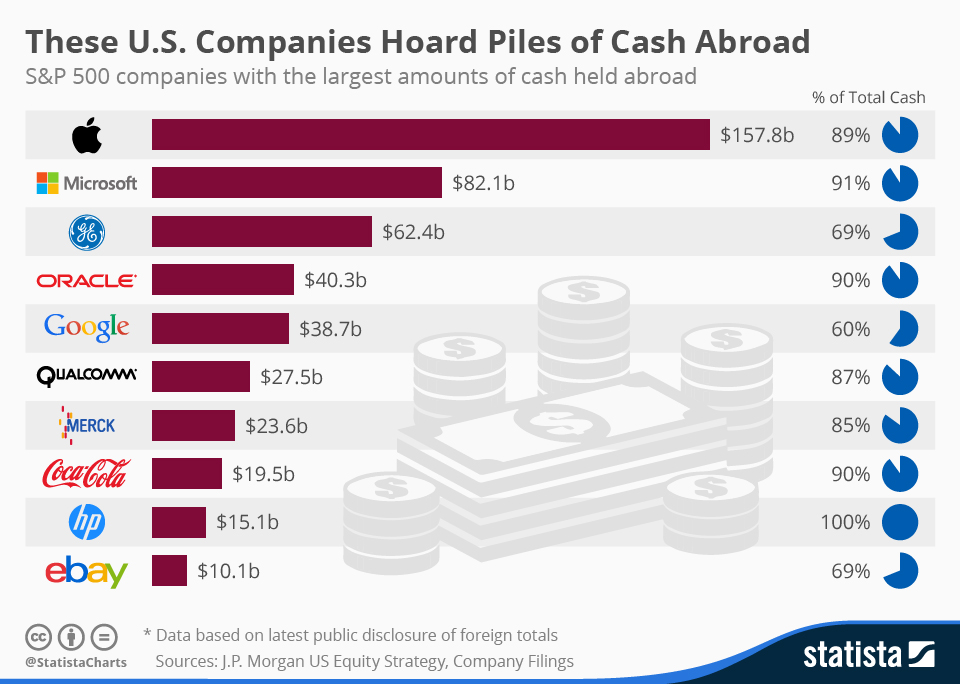Daily Archives: March 30, 2015
The system failed. It happens, even in Germany
From today’s New York Times:
BERLIN — Even in the nightmarish immediate aftermath of the plane crash in the French Alps on Tuesday, Carsten Spohr, the former pilot who runs Germany’s Lufthansa airline, was sure of one thing: the co-pilot, Andreas Lubitz, 27, was “100 percent” fit to fly.
Mr. Lubitz, after all, had been through the widely respected Lufthansa training system — “one of the best in the world,” Mr. Spohr said — and had met all other requirements to fly commercial aircraft.
In the decades since it emerged from the ruins of Nazism, this country — which reunited in 1990 and in recent years has dominated Europe as its economic powerhouse — has come to define itself as orderly, rule-driven and well-engineered. It is an identity that is both an antidote to its past and a blueprint for economic success. From Mercedes-Benz cars — “the best,” says a current ad campaign — to its countless tidy towns, Germany purrs excellence.
Now Mr. Lubitz — born and raised in one of those pretty towns — has upended that well-ordered world and challenged other assumptions built into German life. As Mr. Spohr noted, the co-pilot’s terrifying deed was a singular, perhaps unstoppable disaster. Yet somehow the system failed.
Sure, it did. Systems do. Even in Germany.
The process, not the product, matters
Almost all the (mostly feverish) discussion about Apple focusses on its astonishing mastery of product design. But this week’s Monday Note by Jean-Louis Gasseé has made me reflect on what is actually the most remarkable aspect of the company, namely the fact that it has mastered what must be the most complex, large-scale, precision manufacturing process in industrial history.
In his Note, Jean-Louis leans heavily not only on Greg Koenig’s fascinating analysis of the process by which the iWatch is being made, but also on Koenig’s observation that
“Apple is the world’s foremost manufacturer of goods. At one time, this statement had to be caged and qualified with modifiers such as “consumer goods” or “electronic goods,” but last quarter, Apple shipped a Boeing 787’s weight worth of iPhones every 24 hours. When we add the rest of the product line to the mix, it becomes clear that Apple’s supply chain is one of the largest scale production organizations in the world.”
When you think of it in those terms, it’s clear that in our obsession with the beauty of Apple designs we may have been missing the really big picture, which is that the company has been building a production system that could eventually yield astonishing benefits and change the way every tech manufacturer operates.
We’ve been here before, by the way. When the Japanese first began making cars, they were ridiculed by Western manufacturers — for good reasons. They were clunky, ugly and they rusted early. But the Japanese were good at learning from mistakes. They also sussed that if they were to make really good cars, they had to reinvent the process by which cars were made. From this came the Toyota ‘Lean Machine’ production process, which is now how all cars, everywhere, are made.
So the process is often more important than the product. This was also the point made by Steven weber years ago, in his splendid book about open source software. It’s a distinctive way of making incredibly complex products. In fact, it may ultimately be the only way of making really secure software.
Gasseé’s conclusion from his meditations is that it would now be foolish to discount rumours that Apple is planning to manufacture cars. I agree.

